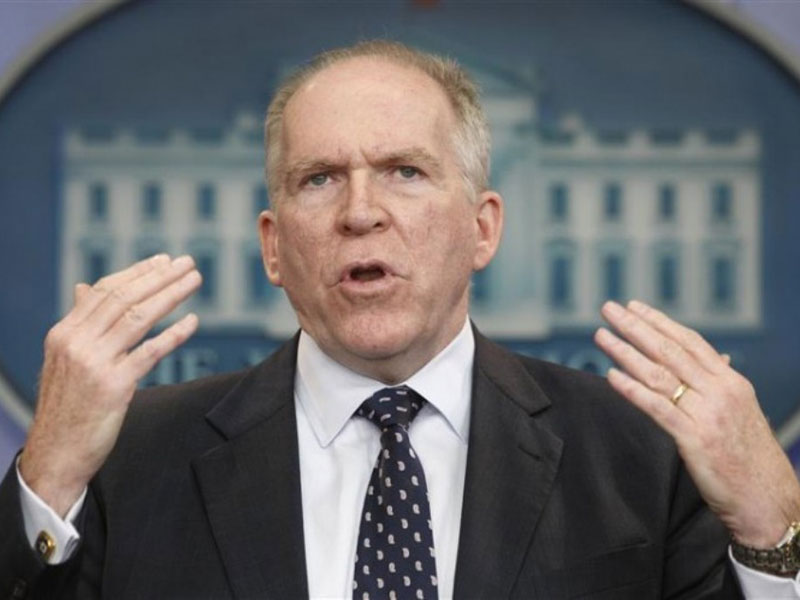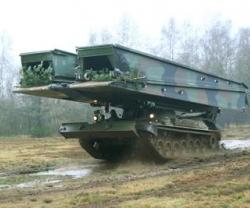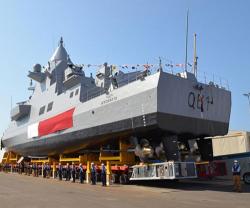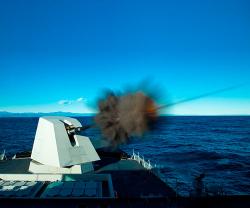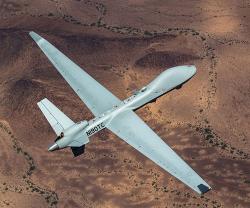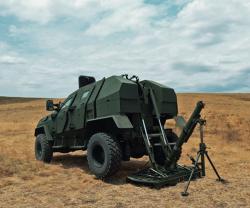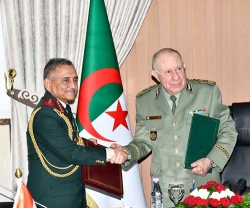He also said he was “pleasantly surprised that the Iranians have agreed to so much here.”
On April 2, Iran and the P5+1 group of international mediators reached an interim deal on Tehran's nuclear program after marathon talks in Switzerland.
The mediators, including Russia, China, the United States, the United Kingdom, France and Germany, agreed with Iran on a number of key issues that had previously obstructed the deal.
In exchange for the lifting of sanctions imposed by the US and the EU, Iran agreed to limit its uranium enrichment capacity to ensure that its nuclear goals are purely peaceful.
The International Atomic Energy Agency (IAEA), the United Nations' nuclear watchdog, will control Iran's compliance with the safeguards that were imposed on it in the nuclear framework accord.
The IAEA will conduct what the US president described as "intrusive" inspections of Iranian nuclear facilities. Its inspectors will have access to all nuclear sites they consider suspicious for at least a decade. The agency will control Iran's research on advanced centrifuges that produce weapon-grade uranium.
A final comprehensive deal is expected to be signed by the end of June.
Meanwhile, Russian Foreign Minister Sergei Lavrov told Rossiya Segodnya news that Iran will be the most controlled, most inspected state if principles agreed on in Lausanne are translated into the language of practical agreements.
Lavrov said Iran had always emphasized that it was ready to fulfill its obligations in the non-proliferation of the nuclear weapons agreement.
Russia's top diplomat also stated that the agreement, brokered by envoys of Iran and P5+1 group, will not lead to an arms race in the Middle East.
“In any case, everything that was decided and everything that has to come true…does not give any reason to say that this will provoke an arms race. On the contrary, this agreement closes the possibility of somehow looking for loopholes to open a military aspect in Iran's nuclear program,” Lavrov added.

